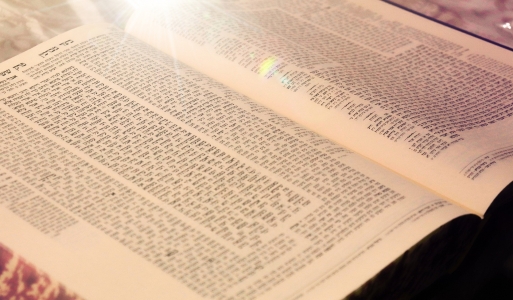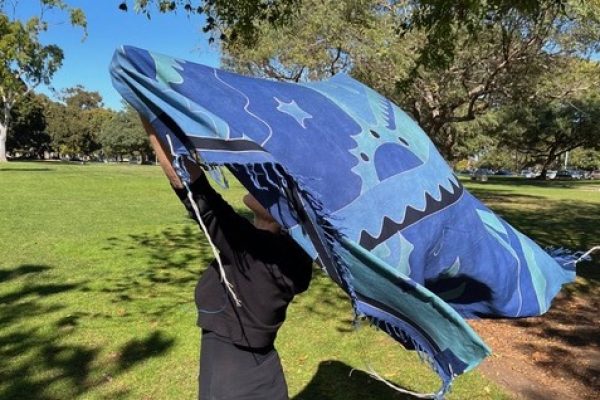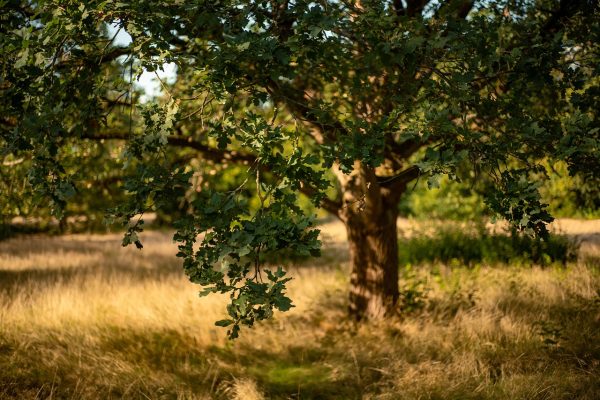Pulling from the words of the Talmud itself, I have used them in a new way which I hope can speak to the women‘s experience of the making and the study of Talmud. I wrote it thinking about how we might honestly claim that history and how we might therefore feel more as stakeholders as we engage in our study now and into the future.
The language of this blessing/poem is sourced from Tractate Berakhot, for two reasons. First, because it is a Talmudic source of discussion on the eponymous berakhot/ blessings. The second reason is because this tractate is at the beginning of the Talmud, which is used here to reflect the fact that formal women’s Talmud study is at its own beginning, yet in its infancy. How much we have in front of us.
A Blessing for Women‘s Talmud Study
An olive bulk, a hand breadth, carried on the Sabbath: Your Sages are borne of my body.
Blessed are You God, beyond the letter of the law.
I am not their leavening, or their salt, or my own refusals for the sake of propriety.
Blessed are You God, who brings sight to the blind.
In valor or chained, the stars and the sand: they wove me into warp and woof.
Blessed are You God, who brings life to the dead.
I pray early before sunrise, when your sons wake to nurse. You roar as we recite Your Name in praise.
Blessed are You God, who provides food to all flesh.
I am not the Virgin of Israel, I am just Israel. Different and chosen, grappling with my errors and blessing my share.
Blessed are You God, who has made me a woman.
Blessed are You God, who commands me to immerse in your Talmud.












